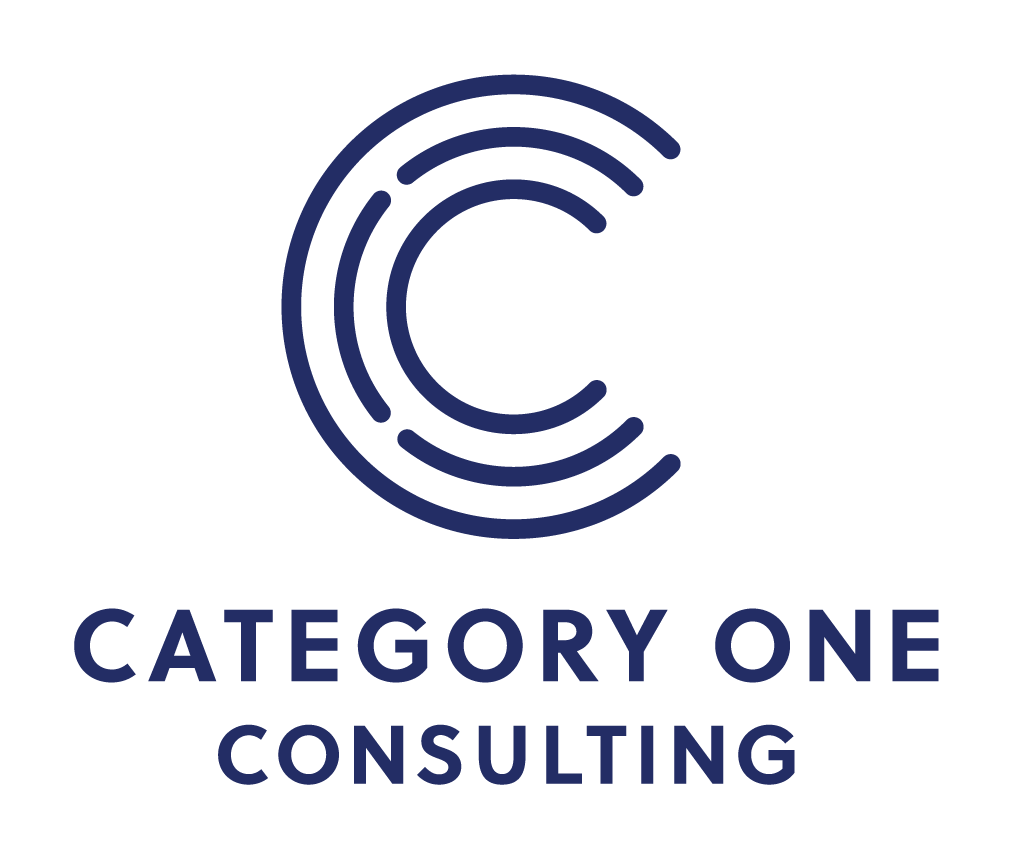Navigating Program Evaluation Frameworks: A Guide to Making the Best Choice for Your Organization
Evaluating programs effectively is crucial for understanding their effects, conveying their impact, and ensuring continuous improvement. With various evaluation frameworks available and preferred by different audiences, it can be challenging to determine which one best suits your organization’s needs. In this blog, we’ll explore four main types of evaluation frameworks, including Logic Models, Theories of Change, Lens-Based Models, and Custom Frameworks. This overview can help your team have a clearer understanding of how to choose the right framework based on your specific goals, audiences, and organizational context.
Unlock your program's full potential with C1C's custom evaluation support —tailored to your unique needs!
1. Logic Models
Logic Models are visual representations that map out the logical relationships between the resources, activities, outputs, and outcomes of a program. They provide a clear and straightforward way to illustrate how a program is supposed to work.
Logic Models are particularly useful for:
Planning and Design: Helps to organize program components and ensuring alignment with desired outcomes.
Communication: Provides a clear and easy to understand picture of the program for stakeholders.
2. Theories of Change
A Theory of Change goes deeper than a Logic Model by not only mapping out the program components but also explaining the underlying assumptions and context. It lays out beliefs about how change happens and documents specific pathways of change. It provides a comprehensive narrative that links activities to the desired long-term outcomes.
Theories of Change are valuable for:
Strategic Planning: Offers a detailed explanation of how and why a program is expected to work.
Complex Programs: Handles more complex and multi-faceted programs where context and assumptions are critical.
3. Lens-Based Frameworks
Lens-Based Frameworks typically use specific perspectives or goals to focus the evaluation, making them versatile for various contexts and needs. These lenses can be standalone frameworks for evaluation or layered on top of another framework. Some of the more popular lenses include the Implementation Lens, which focuses on the fidelity and quality of program implementation, often during development. The Continuous Improvement Lens emphasizes iterative testing and refinement of program components over time. The Equity Lens ensures the evaluation process addresses fairness, highlights disparities, and promotes social justice. Lastly, the Values-Based Lens prioritizes alignment with organizational values, principles, and stakeholder priorities.
The benefits of Lens-Based Frameworks can include:
Flexibility: Adapts to different stages of program development and types of data.
Focus: Allows for targeted evaluation based on the most relevant aspects of the program.
Engagement: Promotes active involvement of stakeholders in the evaluation process.
4. Custom Frameworks
Finally, Custom Frameworks are tailored to fit the unique needs and context of an organization. These frameworks combine elements from various models to create a tailored approach for the specific program or organization. The benefits of a custom framework include greater relevance for specific programs and contexts as well as the opportunity to integrate useful practices from different frameworks and disciplines.
Custom Frameworks are ideal for:
Unique Programs: Allows flexibility for programs that do not fit neatly into standard frameworks, especially for cross-disciplinary teams.
Comprehensive Evaluation: Incorporates multiple dimensions and methodologies.
Organizational Alignment: Ensures the evaluation framework is aligned with organizational goals, values, and culture.
Choosing the Right Framework
Selecting the right evaluation framework depends on various factors, including your goals, the primary audiences for the evaluation (e.g., funders, staff, clients), and the language and concepts that are most familiar to your organization. There is no “one solution” for your team, and we have seen a huge variety of successful evaluations.
At C1C, we specialize in creating custom frameworks that incorporate all the aspects that best fit your organization. We understand that demystifying the language and buzzwords is essential so that evaluation can truly be a tool and asset for the staff and leaders who request them. By choosing the right framework, you can ensure that your evaluation process is not only effective but also meaningful and aligned with your strategic objectives. If you would like our help in building, refreshing, or implementing an evaluation framework that helps your organization demonstrate its impact, please feel free to reach out!

